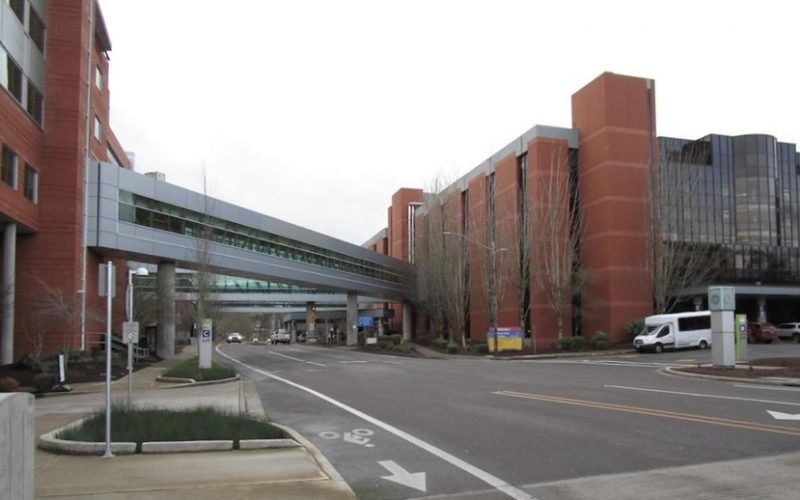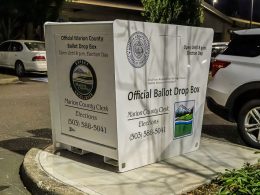Salem, OR — The Salem Health Board held a productive meeting on Wednesday, discussing several significant issues, including the allocation of workforce development grant funds, proposed fee changes for 2025, and updates on public health initiatives.
One of the main agenda items was the department’s new budget justification for its workforce development grant. Health Commissioner Kayla Crowl informed the board that the department needed to submit a new justification by the end of the month, which included $50,000 for re-accreditation and continuing accreditation funding. After accounting for accreditation costs, outreach funding, and payroll for contracted positions, $41,000 remained to be allocated.
Mayor Cyndi Baronzzi Dickey asked Crowl how she envisioned the remaining funds being best used to benefit the department. Crowl suggested using the funds for employee retention bonuses to help maintain staff morale and retain talent.
However, Dickey expressed concerns about issuing retention bonuses through the grant, noting that future financial sustainability could become an issue once the grant funds are exhausted. “We’ve got to see what we’re going to make this year; this is going to be the make-or-break year,” Dickey said, highlighting the uncertainty surrounding long-term funding.
Instead, Dickey proposed using the $41,000 for one-time employee appreciation in the form of $700 gift cards for each department employee. The gift cards would offer a similar benefit to retention bonuses but without creating the expectation of recurring expenses.
The board ultimately voted unanimously to approve the purchase of the gift cards, with a plan to re-evaluate the department’s approach to retention bonuses in six months.
The board also addressed proposed changes to various health service fees for 2025, including food service, tattoo and piercing, and public swimming pool safety fees. A second reading was held for the proposed fee increases, which had been amended from the rates initially presented in the previous meeting, based on feedback from the state.
The proposed food service fees will see slight increases across most risk classifications. Notable changes include a fee adjustment for mobile food facilities, which will now be charged $103.40, and a new fee for temporary food facilities, which was previously not assessed. For public swimming pools, the first pool or spa at a location will still be assessed a fee of $205, with additional pools charged $100 each.
Tattoo and piercing establishment fees will remain largely the same, with a $150 fee for a tattoo or piercing establishment and $300 for a combined tattoo and piercing facility. A $40 registration fee for each artist and apprentice will also remain in place.
The board held a required public hearing before the meeting, but no members of the public attended. The fees will require one more reading at the board’s next meeting before they can be officially adopted.
Director of Nursing Chelsea Clark reported promising news on the public health front, with a significant decline in communicable diseases reported in November. The department recorded only 12 cases last month, down from 69 in the same month last year. Clark attributed much of the decline to a drop in Covid-19 cases, with just 10 reported this November compared to 64 last year.
Clark also noted a reduction in sexually transmitted diseases, which she linked to the department’s expanded offerings of prophylactic treatments.
Mayor Dickey inquired about the status of hiring a new public health nurse. Crowl confirmed that the department had extended an offer to a candidate, but the person did not show up for their first day. The department had interviewed another candidate on Tuesday and was scheduled to meet with a third candidate on Friday. Crowl expressed hope that the position would be filled by the end of the week.
In a move aimed at improving communication, Crowl reported that the department had purchased a pair of exterior ear headphones equipped with automatic language translation capabilities. The headphones, which cost just $11, are expected to help staff better communicate with non-English speaking residents without the need for an interpreter.
“We aren’t restricted just to what we memorized; we can actually have a conversation with them,” Crowl explained, emphasizing how the device has already improved communication in the field. Board members praised the initiative, with Board President Pro Tempore Judy Sicilia noting that the reduction in the need for external interpreters could enhance HIPAA compliance. Dickey and Sicilia both suggested that the department should consider purchasing additional sets of headphones for each employee, given the low cost and potential for improving service delivery.
The health department will follow city hall’s lead and close early at noon on Christmas Eve. The next Health Board meeting is scheduled for 2 p.m. on January 15, 2025.
The board’s discussion on workforce funding, fee increases, and public health initiatives highlights the department’s ongoing efforts to adapt to financial challenges, enhance its services, and improve the health of the community.











